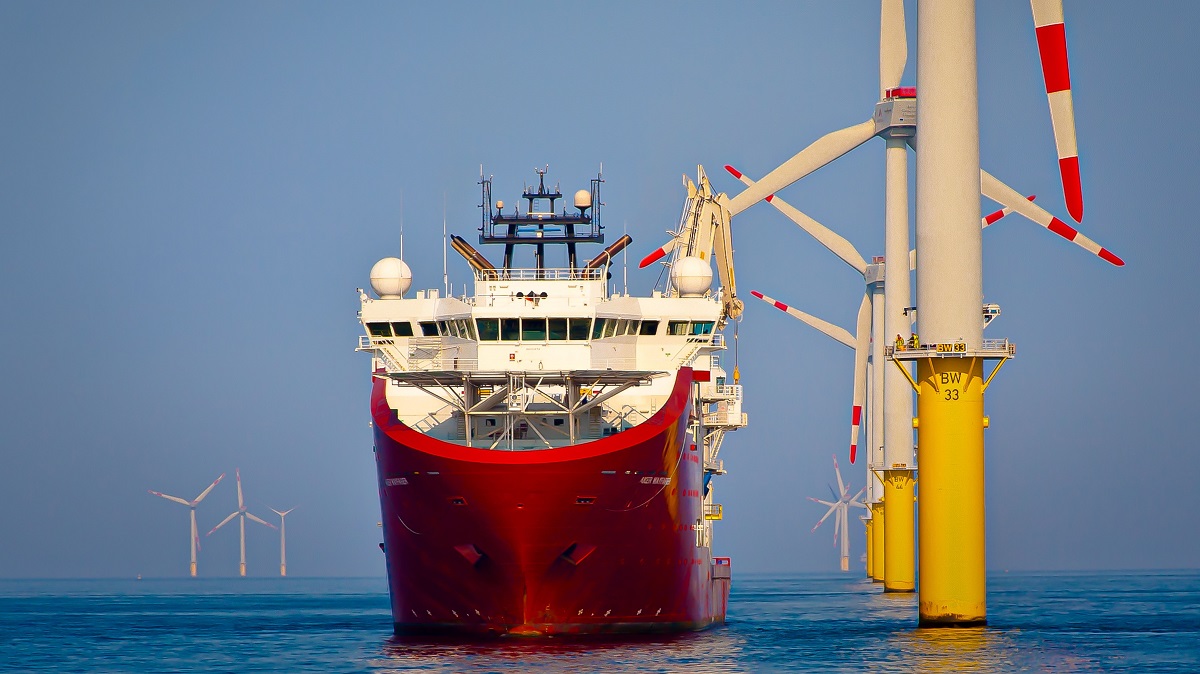
5 Steps to Build an Effective CSR Strategy
In today’s business landscape, Corporate Social Responsibility (CSR) has evolved from being a “nice-to-have” to ...

The Review of Maritime Transport 2023 report – issued by the United Nations Conference on Trade and Development (UNCTAD) – said that an additional $8 billion to $28 billion will be required annually to decarbonize ships by 2050, and even more substantial investments, ranging from $28 billion to $90 billion annually, will be needed to develop infrastructure for 100% carbon-neutral fuels by 2050.
Full decarbonization could elevate annual fuel expenses by 70% to 100%, potentially affecting small island developing states (SIDS) and least developed countries (LDCs) that heavily rely on maritime transport.
To ensure an equitable transition, UNCTAD calls for a universal regulatory framework applicable to all ships, irrespective of their registration flags, ownership or operational areas, thereby avoiding a two-speed decarbonization process and maintaining a level playing field.
Shamika N. Sirimanne, UNCTAD’s director of technology and logistics, said “Economic incentives, such as levies or contributions paid in relation to shipping emissions may incentivize action, can promote the competitiveness of alternative fuels and narrow the cost gap with conventional heavy fuels.”
“These funds could also facilitate investments in ports in SIDS and LDCs, focusing on climate change adaptation, trade and transport reforms, as well as digital connectivity,” Sirimanne added.
UNCTAD further expressed concern over the ageing global shipping fleet – at the start of 2023, commercial ships were on average 22.2 years old, two years older than a decade ago. More than half of the world’s fleet is over 15 years old.
Ship owners face the challenge of renewing the fleet without clarity regarding alternative fuels, green technology and regulatory regimes to guide ship owners and ports, while port terminals face similar challenges in vital investment decisions.
The agency highlights the pressing need for cleaner fuels, digital solutions and an equitable transition to combat continued carbon emissions and regulatory uncertainty in the shipping industry.
The shipping industry accounts for over 80% of the world’s trade volume and nearly 3% of global greenhouse gas emissions, with emissions escalating by 20% in just a decade.
While the transition to cleaner fuels is in its early stages, with nearly 99% of the global fleet still reliant on conventional fuels, the report cites promising developments, including 21% of vessels on order designed for alternative fuels.
UNCTAD has also underscored the role of digitalization in accelerating decarbonization efforts, citing the benefits in enhancing efficiency and reducing delays.
“Investing in digitalization and technology will improve predictability and reliability of shipping, and applying technologies such as AI, machine learning, blockchain and the internet of things will result in performance optimization for monitoring, routing, speed and predictive maintenance – which can all help accelerate decarbonization,” Sirimanne said.
UNCTAD, ahead of the United Nations climate conference (COP28) in November of this year, advocates for a shift towards cleaner fuels in shipping, emphasizing the need for an environmentally effective, procedurally fair, socially just, technologically inclusive and globally equitable transition strategy.
UNCTAD Secretary-General Rebeca Grynspan said “Maritime transport needs to decarbonize as soon as possible, while ensuring economic growth. Balancing environmental sustainability, regulatory compliance and economic demands is vital for a prosperous, equitable and resilient future for maritime transport.”
In conclusion, UNCTAD’s call for a just and equitable transition to a low- and zero-carbon future in global shipping serves as a call for system-wide commitment and regulatory action to combat the escalating environmental challenges faced by the maritime sector. Bold and timely action and collaborative efforts are essential to ensure a sustainable, resilient and prosperous future for maritime transport.
اترك تعليقا